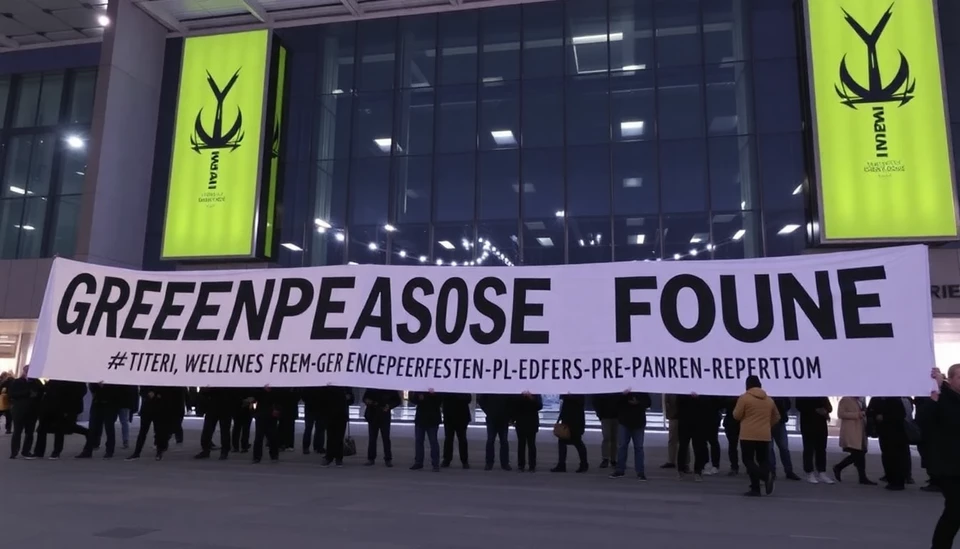
In a pivotal ruling, a Dutch court has sided with environmental organization Greenpeace, requiring the Dutch government to enforce stricter regulations on nitrogen emissions, which are critically impacting the country’s biodiversity and climate goals. This decision marks a significant shift in the ongoing battle against nitrogen pollution, amid mounting pressures from environmental advocates to address the escalating ecological crisis in the Netherlands.
The court's verdict, delivered on January 22, 2025, is seen as a major victory for Greenpeace, which had contended that the government's existing policies were insufficient to mitigate the harmful effects of nitrogen emissions—primarily stemming from agriculture, transportation, and industrial activities. According to the ruling, the Dutch government must enhance existing measures to comply with European Union directives aimed at protecting both human health and the natural environment.
This decision follows years of advocacy by Greenpeace, which argued that nitrogen pollution significantly contributes to air and soil degradation while also threatening the country’s rich biodiversity. Several key ecosystems, including protected nature areas, have been severely compromised due to the excessive nitrogen levels, leading to calls for urgent action from activists and scientists alike.
The ruling has sparked a broader discourse regarding the Netherlands' commitment to sustainability. Legal experts note that this case may set a precedent for future environmental litigation across Europe, as more organizations may seek to hold governments accountable for insufficient climate actions. In light of this precedent, other countries could see similar legal challenges as environmental groups push for more significant regulatory frameworks aimed at combating pollution.
Environmental supporters have praised the court's decision as a step in the right direction toward achieving a greener future. Key activists within Greenpeace have expressed determination to ensure the government implements the ruling effectively, leading to tangible reductions in nitrogen emissions. "This is the moment for change," stated a Greenpeace spokesperson, "and we expect the government to take decisive action to protect our environment."
In response to the court's ruling, the Dutch government has acknowledged the need for better nitrogen regulation but has also voiced concern over the implications for the agricultural sector and economic development. Balancing environmental sustainability with economic interests remains a contentious issue, prompting discussions among policymakers, farmers, and environmentalists to collaboratively develop a pathway that secures both environmental and economic objectives.
As the Dutch government contemplates its next steps, the Greenpeace victory resonates well beyond national borders, serving as a potential catalyst for regulatory reforms in nitrogen management throughout Europe. Observers anticipate increased scrutiny of nitrogen pollution policies in various member states and the emergence of more litigation efforts driven by climate advocates committed to protecting the environment.
As the situation unfolds, stakeholders across sectors will be closely monitoring the government's subsequent actions and the implications of this landmark ruling for both the Dutch environment and the broader European ecological landscape.
In conclusion, this court decision symbolizes a critical moment in the climate justice movement, energizing environmental advocacy and signifying a collective demand for accountability in addressing one of the leading contributors to ecological degradation in Europe.
#Greenpeace #Netherlands #NitrogenPollution #EnvironmentalJustice #ClimateAction #Sustainability #Biodiversity #CourtRuling
Author: Peter Collins




